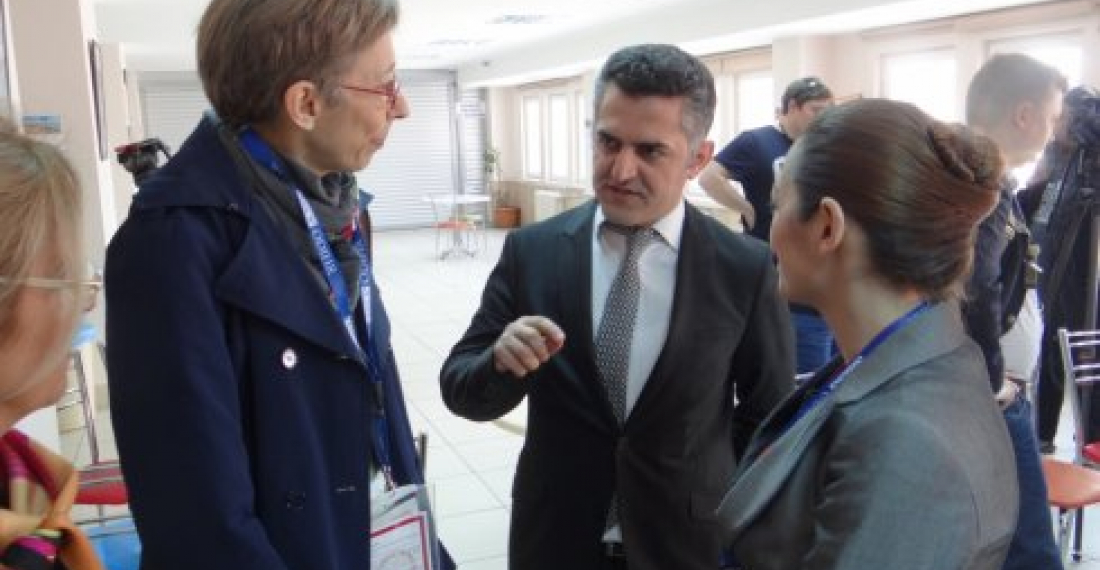The International Observation Mission spearheaded by ODIHR - the Office for democratic Institutions and Human Rights of the OSCE have given a negative assesment of the referendum held in Turkey on 16 April. In their preliminary statement the representatives of ODIHR and of the Parlaimentary Assembly of the Council of Europe criticised the lack of a level playing field during the election campaign, the restrictive campaign environment, misuse of administrative reources and other incidences of non compliance with international norms.
Cezar Florin Preda, Head of the delegation from the Parliamentary Assembly of the Council of Europe told a press conference in Ankara on Monday (17 April) that "in general, the referendum did not live up to Council of Europe standards. The legal framework was inadequate for the holding of a genuinely democratic process."
The negative assessment is likely to influence the position on the referendum of the European Union and the United States who in statements last night stopped short of a full assessment of the referendum pending the report of the International Observation Mission.
You can read the full statement of the statement of the International Observation Mission here
In the meantime, Turkey's main opposition party, the CHP has called for the results of the referendum to be annuled. The Party has vowed to take widespread irregularities during the April 16 referendum to the Constitutional Court and European Court of Human Rights (ECHR), repeating its accusations against the election watchdog and calling on the Supreme Election Board (YSK) to annul the referendum results.
"The only way to end ongoing discussions over the referendum's legitimacy is to annul it. What is necessary is the annulment of this referendum," a deputy leader of the Republican People's Party (CHP), Bülent Tezcan, told reporters at a press conference on April 17.
source; commonspace.eu with agencies
photo: The head of a polling station commisson in Ankara explaining voting procedures to Tana de Zulueta, head of the ODIHR observation mission for Turkey's constitutional referendum, 16 April, 2017. (picture courtesy of the OSCE press office).






